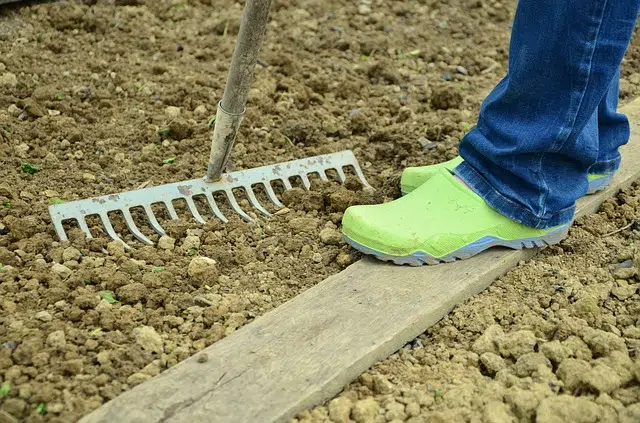
Ruralization is the process that leads to adopting rural practices and customs in an urban area.
Ruralization is a term that is not included in the dictionary of the Royal Spanish Academy ( RAE ). The concept, in any case, is usually used to name the process of adopting rural practices and customs in an urban environment .
For many sociologists, the ruralization of a city occurs when immigrants arriving from a rural area fail to integrate both culturally or socially and economically. In this way, people reproduce the way of life they had in the rural region, now in the city.
Ruralization, in this way, affects the training of citizens, who do not adopt the values , attitudes and behaviors that are considered appropriate for the urban environment.
Changes caused by ruralization
Due to ruralization, the appearance of a city's public space can change, with inhabitants walking down the street next to farm animals or informally offering homemade agricultural products on the streets, to name two possibilities.
Ruralization can also modify, at least in part, the productive profile of the urban area. If individuals who arrive from the countryside do not find employment in industries, it is likely that they will end up trying to reproduce the subsistence methods they had in their place of origin. In this way, the number of city inhabitants who are dedicated to growing food or raising animals increases.
The ruralization process , in other words, consists of transferring to urban behavior practices and attitudes that are associated with life in the countryside . It is very important not to make the mistake of considering it a synonym for "Indianization" or "Cholification", terms that are usually used by people dedicated to disciplines such as social sciences and social communication.

Ruralization can alter the productive profile of the city.
The importance of studying the process
Statistics and sociodemographic studies based on censuses are not enough to analyze ruralization, since this process, in the same way as urbanization, is a phenomenon that exceeds quantification and implies a series of changes that reach the spiritual world of society. entire . From ruralization arise people who are halfway between a rural inhabitant and an urban one, with rare characteristics both in their aesthetics and in their way of communicating.
One of the reasons why it is so important and necessary to study ruralization is that it can provide us with answers to questions such as why relationships between human beings are so poor , why we are not capable of organizing our societies in a more just way. , why there is such an evident level of demoralization in large cities .
Ruralization and socialization
When a person migrates from the countryside to the city, it is not enough for them to settle and obtain a way of subsistence to go through a true adaptation process, but they need a series of fundamental factors that imbue them with the corresponding practices and attitudes. One of them is socialization , and it is perhaps the most difficult to achieve in the face of the general disdain for rural customs ; Dealing with other human beings in a friendly and inclusive environment can be key in this transformation.
On the other hand, there is education , which can be carried out through various means, and which has also become a treasure to which not everyone has access. When a society denies its inhabitants this opportunity , it closes the doors to progress, condemns them to a life of constant struggle and despair , and fuels phenomena such as ruralization, which occur as a result of the impossibility of adapting to the new environment.
Throughout history , large-scale ruralization developed on several occasions (for example, in 3rd century Hispania ).
